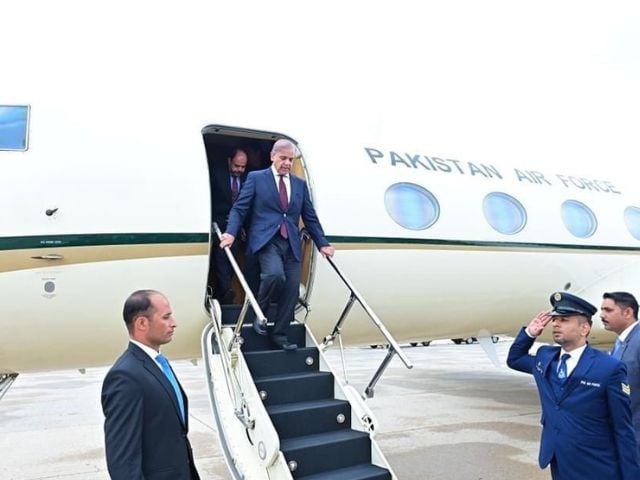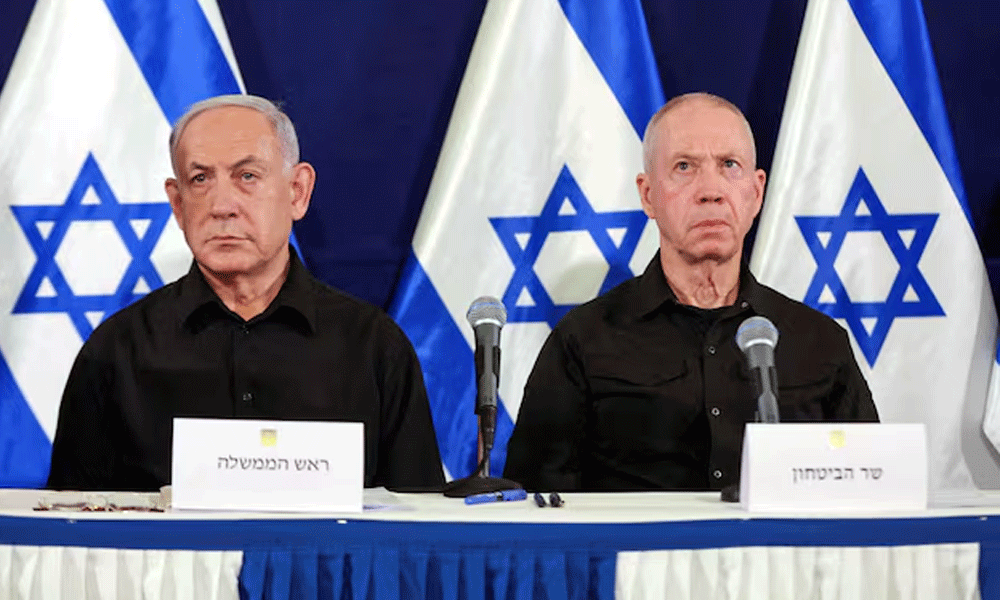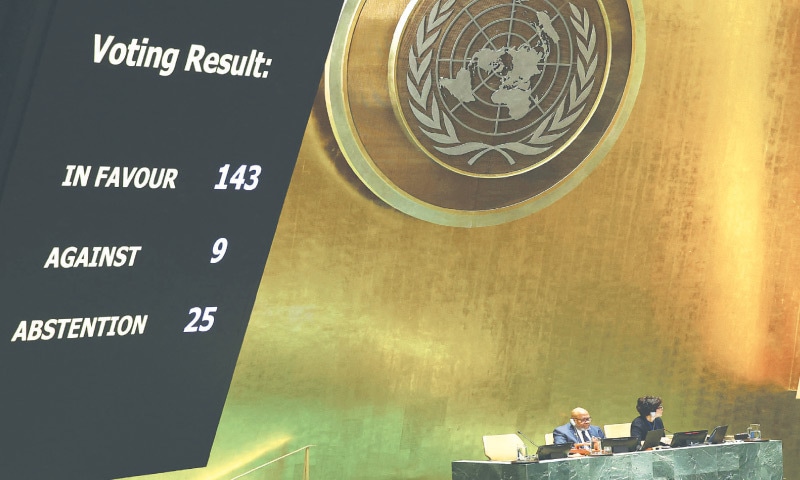PTBP Web Desk
Pakistan is preparing for an important diplomatic engagement as Deputy Prime Minister and Foreign Minister Senator Ishaq Dar travels to Moscow to represent the country at the Shanghai Cooperation Organisation (SCO) Council of Heads of Government (CHG) meeting. The summit, scheduled for November 17–18, marks another key moment in Pakistan’s participation in regional dialogue and cooperation. The Foreign Office confirmed the visit in an official announcement, noting that the invitation was extended by Russian Prime Minister Mikhail Vladimirovich Mishustin.
The SCO CHG is widely recognised as the organisation’s second-highest decision-making body, following the Council of Heads of State. Therefore, Pakistan’s presence at this level of representation highlights the government’s commitment to strengthening ties with member nations and advancing its role in regional developments.
According to the Foreign Office, the upcoming CHG session will gather high-level delegations from across Eurasia. The heads of government of Belarus, China, Kazakhstan, Kyrgyzstan, Russia, Tajikistan, and Uzbekistan will participate, along with the vice president of Iran. Pakistan and India will be represented by their respective foreign ministers, continuing their tradition of participation at the ministerial level.
In addition to full member states, observer countries and dialogue partners will also attend. These include high-level representatives from Mongolia, Bahrain, Egypt, Qatar, Kuwait, and Turkmenistan. The presence of these states reflects the SCO’s expanding diplomatic influence and the growing global interest in regional cooperation frameworks.
Several international and regional organisations are also scheduled to take part, such as the Commonwealth of Independent States (CIS), the Eurasian Economic Union (EAEU), the Collective Security Treaty Organization (CSTO), and even the Democratic Socialists of America (DSA). Their participation demonstrates the broad spectrum of institutions that engage with the SCO platform, particularly on issues related to economic collaboration, connectivity, and regional stability.
In his address at the summit, Ishaq Dar is expected to outline Pakistan’s viewpoint on a number of significant regional and global issues. These may include economic cooperation, counterterrorism, connectivity projects, trade facilitation, and climate-related challenges. The Foreign Office noted that Dar will emphasise how collaborative approaches within the SCO can contribute to greater prosperity and stability across the region.
One of the major themes expected in Dar’s remarks is economic connectivity, an area where Pakistan views the SCO as central to its long-term regional strategy. With the China-Pakistan Economic Corridor (CPEC) already functioning as a flagship connectivity initiative in the region, Pakistan is likely to highlight how enhanced trade routes, infrastructure development, and energy cooperation can support growth for all SCO members.
Moreover, Pakistan will reiterate its support for multilateral economic frameworks, especially those designed to help developing nations achieve greater resilience. This includes structured cooperation in areas such as technology, transport, financial regulation, and customs harmonisation.
The CHG plays a pivotal role in shaping the organisation’s policy direction. It provides guidelines on issues related to the economy, trade, finance, and socio-economic cooperation. Key matters such as the organisation’s budget, administrative decisions, and collaborative development projects are also deliberated at this forum.
At the conclusion of the meeting, the council typically adopts a joint communiqué, along with several statements and decisions addressing shared concerns and future objectives. These documents often outline the roadmap for collective initiatives and set targets for member states in areas including trade facilitation, economic growth, disaster management, and regional connectivity.
Apart from the main sessions, Ishaq Dar will also hold bilateral meetings with leaders of several SCO countries on the sidelines of the CHG. Such interactions have historically played an important role in strengthening Pakistan’s diplomatic relations.
These meetings often cover topics like trade expansion, security cooperation, investment opportunities, and collaborative development projects. Over the years, the SCO platform has allowed Pakistan to deepen its engagement with key partners such as China, Russia, Kazakhstan, Kyrgyzstan, and Tajikistan, making the sidelines diplomacy an equally valuable component of the summit.
Pakistan has been an active member of the Shanghai Cooperation Organisation since 2017. The country views the SCO as an essential avenue for promoting regional peace, economic stability, and multilateral cooperation. The organisation’s focus on security, trade, development, and connectivity aligns closely with Pakistan’s own strategic interests.
Moreover, the SCO region represents some of Pakistan’s most important diplomatic and economic partners. Strengthening ties through structured platforms such as the CHG meeting helps Pakistan advance long-term goals, such as expanding exports, attracting investment, and enhancing regional integration.
For additional background on Pakistan’s SCO participation, readers may refer to the Foreign Office’s website (internal link suggestion) and global SCO updates available on international policy portals (external link suggestion).
As Pakistan prepares for this high-level engagement in Moscow, the visit underscores the country’s continued commitment to active diplomacy and regional partnership under the umbrella of the Shanghai Cooperation Organisation.




